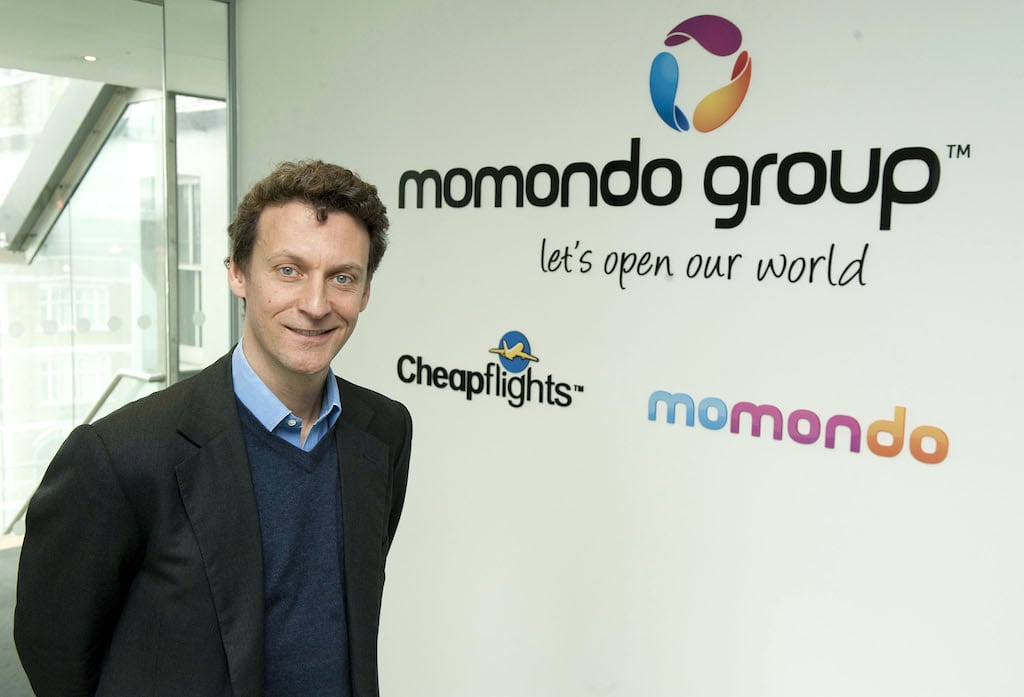Momondo Group Notches $30 Million in Q1 Revenue, Thinks It's Entered Top Tier

Skift Take
Momondo Group is still a relatively small fish in a big pond when measured against the larger, global metasearch players. Still, the Group, with its dual-brand approach and increased investment, is obtaining some scale -- 95 million visits during the first quarter of 2016 -- and is becoming part of the conversation.
London-based Momondo Group, which includes Momondo and Cheapflights, notched $30 million in first quarter revenue, a 23 percent year over year jump, and officials think it finally merits mention among the top-tier global metasearch players after several challenging years before Cheapflights Media acquired Momondo in 2012.
"Our first quarter results for 2016 have caused us to be even more bullish about the year ahead," said Hugo Burge, Momondo Group CEO. "They cement our position as a leader in global travel metasearch."
Burge concedes that Momondo Group is one of the smaller global players -- perhaps half the size of Skyscanner, which i

